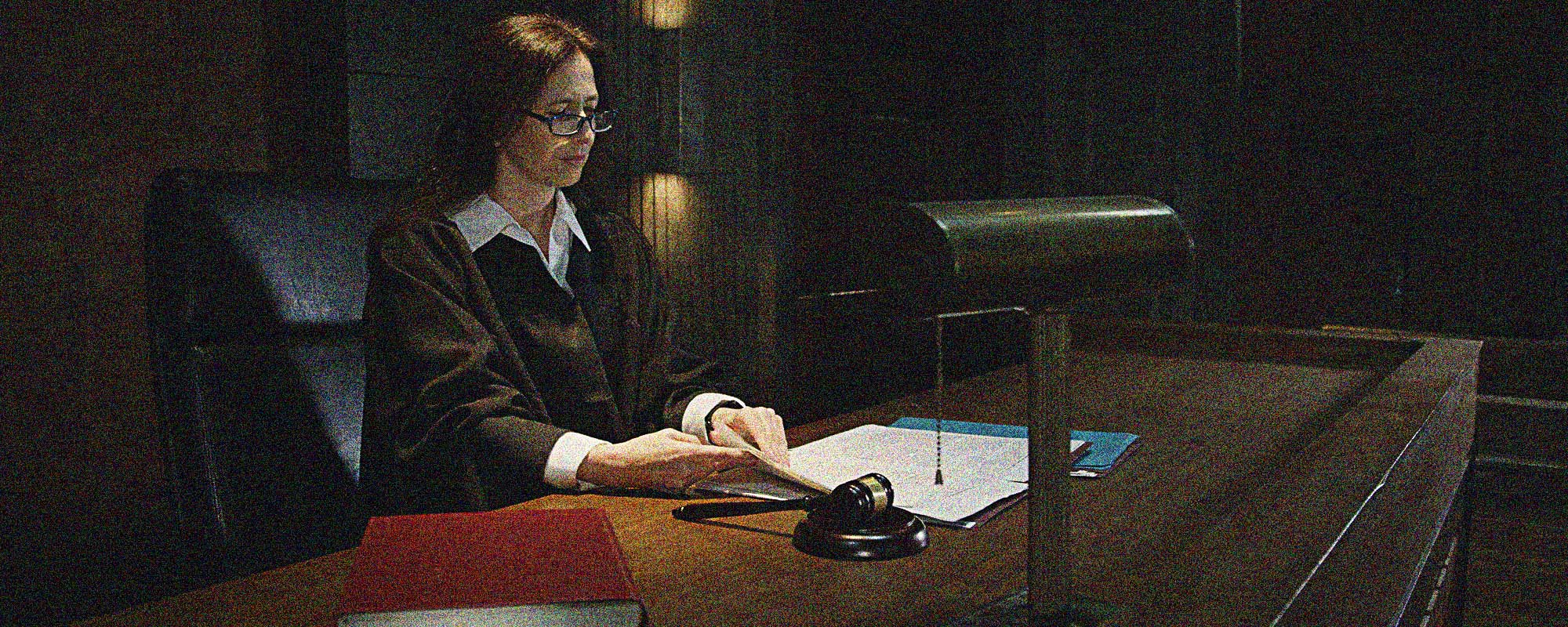The CCLA will appear as an intervenor before the Supreme Court of Canada in R. v. Edwards et al. on Monday, October 16, 2023.
This appeal comes on the heels of decisions by military judges which held that the role and status of military judges as military officers in the chain of command compromises their institutional independence, denying an accused their right to a hearing before an independent and impartial tribunal under s. 11(d) of the Charter. The CCLA’s main concern in this case is how the decision by the court below, the Court Martial Appeal Court of Canada (“CMAC”), interpreted s. 11(d) of the Charter and the implications for judicial independence.
The decision below held that a reasonably informed person would not perceive compromised independence. In coming to that conclusion, the CMAC reasoned that the separation of powers in our system of government will involve overlap between judicial and executive functions; that prosecutors and commanders must be presumed to carry out their duties in good faith and without improper motives; and that there is no concrete evidence that military judges have been coerced or influenced in the performance of their judicial functions.
The CCLA will argue that regardless of the outcome of this appeal, the Supreme Court of Canada should not endorse the approach adopted in the decision below. The separation of powers between judicial and executive branches is a fundamental pre-requisite to the rule of law in a constitutional democracy. The reasoning in the decision below fails to give full faith and credit to that separation. It places undue emphasis on decontextualized examples of overlap between executive and judiciary to dismiss the risk of executive interference in the judiciary. This analysis risks undermining the separation of powers and the robust treatment of judicial independence in the jurisprudence. To protect our judicial system, the CCLA will emphasize that the separation of powers must be staunchly and unreservedly defended by our highest Court.
You can read the CCLA’s factum here.
The CCLA is grateful to Jonathan Lisus, Zain Naqi, and David Ionis of Lax O’Sullivan Lisus Gottlieb LLP for their excellent pro bono representation.
About the Canadian Civil Liberties Association
The CCLA is an independent, non-profit organization with supporters from across the country. Founded in 1964, the CCLA is a national human rights organization committed to defending the rights, dignity, safety, and freedoms of all people in Canada.
For the Media
For further comments, please contact us at media@ccla.org.





